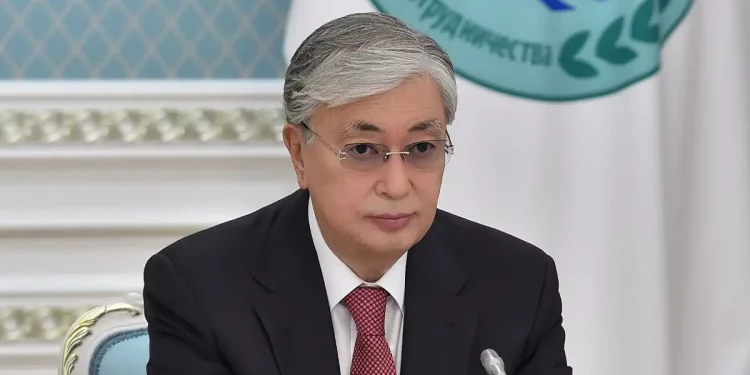Kazakhstan needs to engage in its own production of phosphate and potash fertilizers. This will reduce their imports from abroad, including from Russia. This was announced by President Kassym-Jomart Tokayev at an extended government meeting on July 14.
He noted that in Kazakhstan, farmers contribute only a quarter of the required amount of fertilizer.
“This is due to their high cost. Our fertilizer market is critically dependent on imports and a few domestic producers. In addition, a recent audit revealed facts of overpricing for domestic farmers. For example, Kazphosphate sold significant amounts of fertilizer to an affiliate called Kazchemicals Trading House, which added up to a 30% trade margin. This situation was corrected by antimonopoly response measures,” Tokayev said.
According to him, the relevant departments should keep such situations under strict control.
The President noted that Kazakhstan annually imports more than 600 thousand tons of mineral fertilizers, including 80% from Russia.
“The government needs to take comprehensive measures to prevent a shortage of fertilizers and overestimation of their cost. Kazakhstan has a number of potash and phosphorite deposits with proven reserves. It is necessary to start their industrial development and establish the production of domestic fertilizers. Otherwise, we will not be able to get away from import dependence on fertilizers,” Tokayev said.
According to him, the government should take this issue under special control.
It is also planned to provide concessional lending for purchased agricultural equipment at the expense of the ROP operator. He noted that the provision of own seeds is only 51%. For such positions as potatoes and sugar beets, this figure does not exceed 10%.
“We are heavily dependent on imported seeds. The government should develop primary seed production based on pilot farms. We need to help businesses upgrade equipment, as well as comprehensively stimulate agro science,” Tokayev said.
In May, it was reported that Kazakhstan would extend restrictions on the export of sunflower seeds. They will be valid until September 30, 2022.





